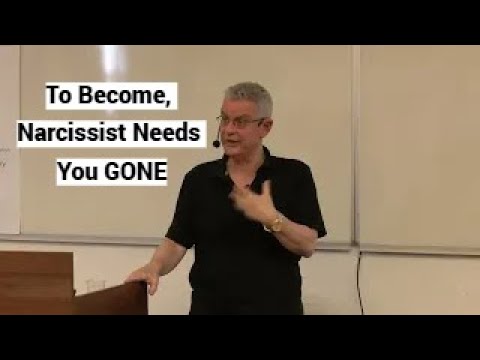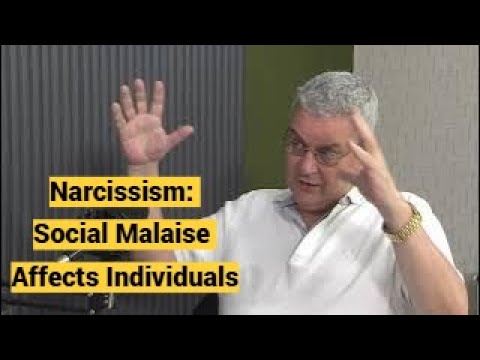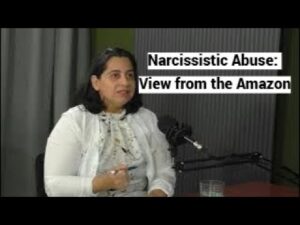
Victim, Survivor: Make 2026 Great Again! (Compilation)
The speaker provides a structured nine-principle program to recover from narcissistic abuse, grouped into three body principles (attention, regulation, protection), three mind principles (authenticity, positivity, mindfulness), and three systemic functions
















